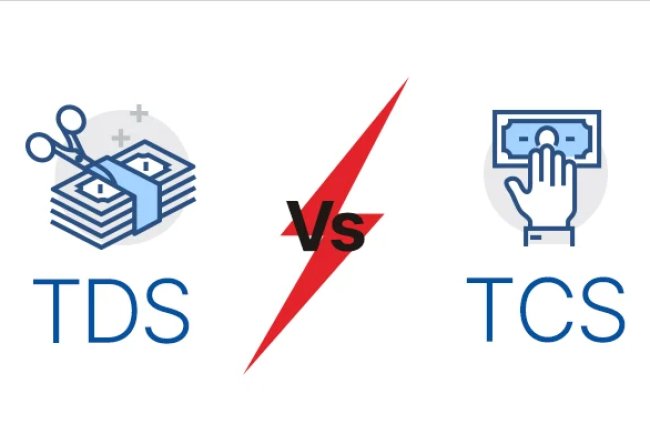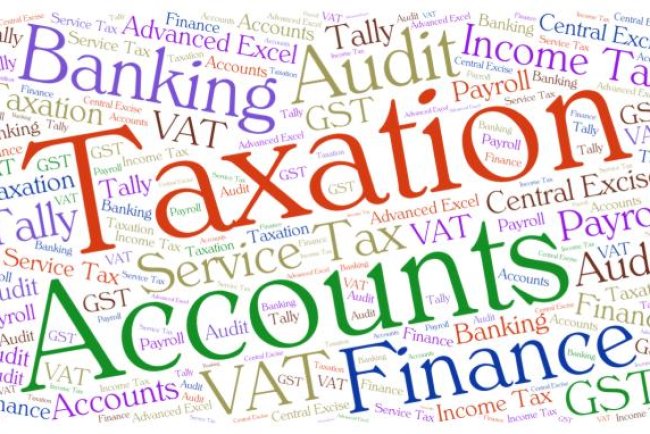ITR filing last Date FY 2024-25 (AY 2025-26): A complete guide
The ITR filing final date for FY 2024-25 (AY 2025-26) is an important deadline for taxpayers in India. For most character taxpayers who do not require an audit, the due date to document earnings Tax Returns is 31st July 2025. But, for businesses or specialists requiring an audit, the deadline is typically 31st October 2025. Filing earlier than the due date helps avoid overdue costs, interest on tax dues, and legal complications. Taxpayers must ensure accurate reporting of income, deductions, and investments while filing. Submitting ITR is not most effective a legal obligation but also vital for monetary documentation, visa packages, and securing loans. It is advisable to acquire all important files and file early through the official profits Tax e-filing portal to avoid last-minute problems or server downtime.

Filing your income Tax return (ITR) on time is vital for every eligible taxpayer in India. For FY 2024-25 (AY 2025-26), knowing the ITR filing last date helps avoid penalties and claim refunds easily. This guide briefly covers key ITR deadlines for diverse taxpayer classes, the consequences of past due filing, and the cost of pursuing an income Tax or Taxation course for a profession in tax and finance.
Budget 2025 Highlights – ITR filing deadline extended
As per the announcements in the budget 2025, taxpayers now have an extended window to revise their earnings tax returns. The time limit to report an up-to-date return has been extended from 2 years to 4 years from the end of the relevant assessment year.
What is the last Date to document ITR for FY 2024-25?
For individuals who are not subject to audit, the due date to file income Tax Returns for the financial year 2024-25 (assessment year 2025-26) is 31st July 2025.
in case you leave out this deadline, you continue to have the option to submit a belated return through 31st December 2025. However, this will entice penalties and interest as per the provisions of the Profits Tax Act.
What is ITR filing?
ITR filing refers to the procedure of filing your profits and tax details with the Income Tax branch of India. Every man or woman, business, or company earning income above the required threshold must report their ITR yearly. This includes salaried personnel, freelancers, business owners, and experts.
ITR filing helps in:
- Declaring income
- Claiming tax deductions and exemptions
- Carrying forward losses
- Verifying profits for mortgage or visa applications
- Ensuring compliance with Indian tax legal guidelines
ITR filing last Date FY 2024-25 (AY 2025-26)
Understanding the appropriate ITR filing closing date is essential to avoid penalties. Right here are the expected due dates for ITR filing, the ultimate Date FY 2024-25 (AY 2025-26) based on previous developments:
| Category of Taxpayer | ITR filing Due Date |
|---------------------------------------------|----------------------------------|
| Individual / HUF / Salaried (Non-Audit) | 31st July 2025 |
| Businesses (Audit Required) | 31st October 2025 |
| Businesses (switch Pricing report Required) | 30th November 2025 |
| Belated or Revised return | 31st December 2025 |
Please observe: These dates are difficult to trade as per government announcements. Taxpayers are recommended to preserve checking updates from the income Tax department.
Why is well-timed ITR Filing vital?
Submitting your ITR earlier than the due date has numerous blessings:
1. Keep away from past due prices: A delay in filing can lead to overdue fees under section 234F, which can cross as much as ₹5,000.
2. Interest on Tax Due: In case you owe any tax and file past due, you’ll be charged interest under section 234A.
3. Quicker Refunds: Early filers normally get their tax refunds faster.
4. Loan Processing: ITR serves as evidence of profits and is vital whilst applying use of for loans.
5. Visa applications: Many countries require ITR files for visa approvals.
Who has to record ITR for FY 2024-25?
Even if your earnings are under the taxable limit, filing ITR can still be useful. You have to take into account filing if:
- Your gross overall earnings exceed ₹2.5 lakhs (before deductions)
- You need to claim a reimbursement of TDS
- You've got foreign property or profits
- You want to hold ahead losses to destiny years
- You have deposited ₹1 crore or more in a present-day account
- Your energy bill exceeds ₹1 lakh annually
A GST course is important for those managing indirect taxation. It includes GST registration, submitting, entering tax credit, and GST reconciliation.
Documents Required for ITR submission
To make the method smoother, collect these files before submitting:
- PAN Card and Aadhaar Card
- Form 16 (for salaried individuals)
- Bank statements and passbooks
- Hobby certificate from banks
- Details of different profits (rental, capital gains, etc.)
- Funding proofs (for deductions below 80C, 80D, and many others)
- TDS certificates
- Business financials (if relevant)
Outcomes of missing the Due Date
Failing to file via the ITR, submitting the remaining Date for FY 2024-25 (AY 2025-26) can result in:
- Late filing price of ₹1,000 to ₹5,000 beneath section 234F
- Interest on exceptional tax under Sections 234A, 234B, and 234C
- Loss of carry-forward blessings for capital and enterprise losses
- Trouble in acquiring loans or visas
- Scrutiny from the IT branch
Tips for hassle-free ITR Filing
- Start early: Don’t look forward to the final day
- keep documents prepared: profit proofs, deductions, and investment information
- Use pre-stuffed paperwork: to be had on the profits tax portal for easier access
- Take a look at shape 26AS: To verify your TDS and tax credits
- Confirm your ITR: the use of Aadhaar OTP, internet banking, or different alternatives
Conclusion
Understanding the ITR filing closing Date FY 2024-25 (AY 2025-26) is the first step in ensuring tax compliance. With proper planning and timely motion, you can avoid penalties and make the maximum of the Indian tax benefit. Whether you’re submitting for yourself or supporting others, staying updated on tax rules is important.
What's Your Reaction?
















